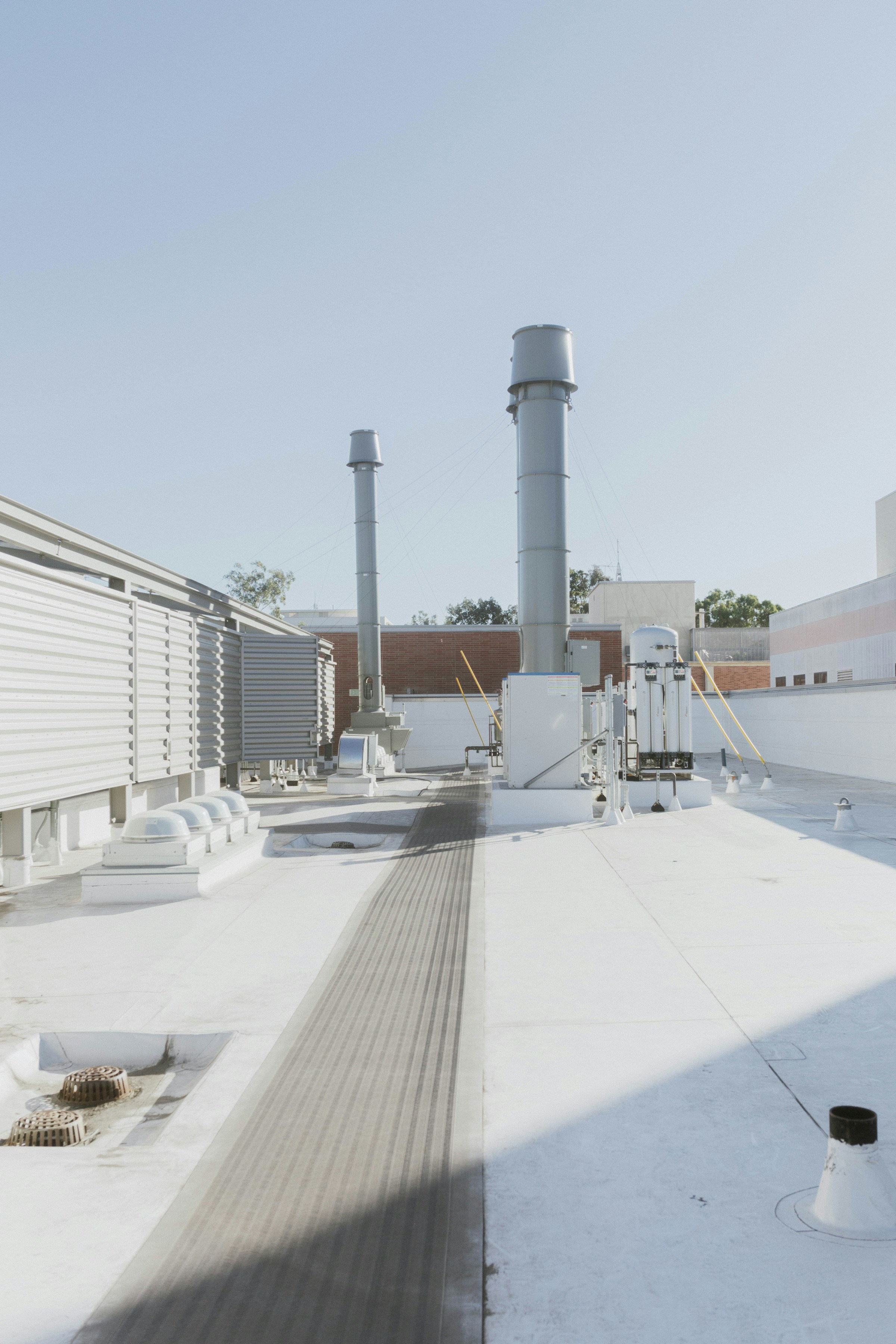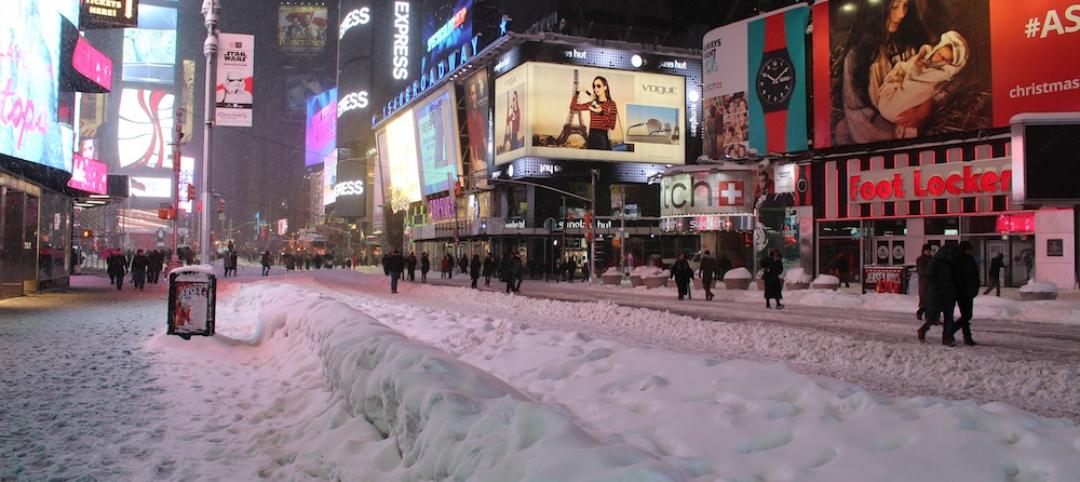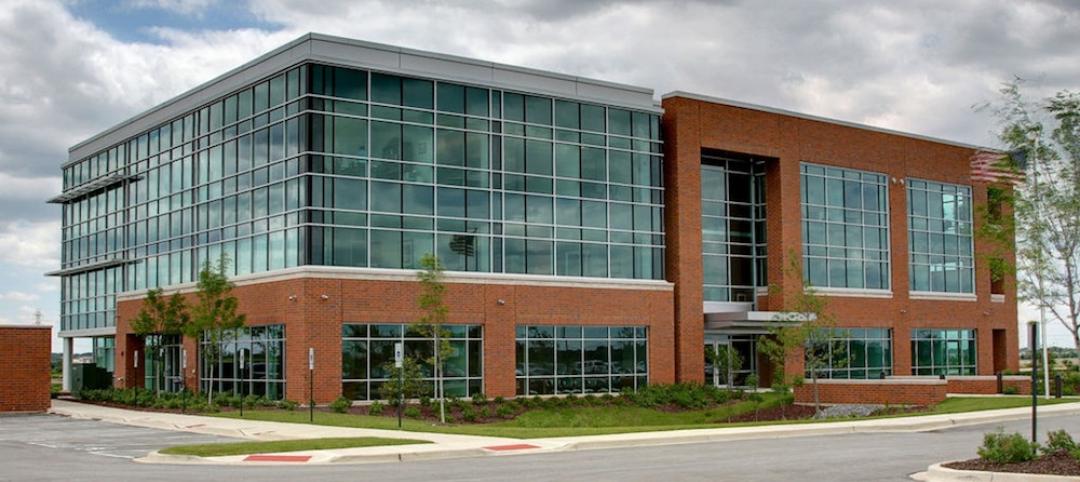A new technical brief from SPRI, the trade association representing the manufacturers of single-ply roofing systems and related component materials, addresses construction-generated moisture and its impact on commercial roofing systems.
Construction-generated moisture comes from activities including pouring concrete, burning propane heaters, painting, plastering, and drywall finishing. These activities can contribute to excessive levels of relative humidity inside the structure when proper remediation measures are not taken. Accumulation of condensation within the roofing assembly and within the structure can result when the temperature is at or below the dew point.
To control moisture, designers must identify the sources of moisture and develop a remediation plan during the design process. To reduce the probability of condensation, buildings under construction must be adequately ventilated, particularly during concrete hydration and other high moisture-related construction activities.
SPRI recommendations include avoiding the use of wet materials or materials with excessive moisture, installing vapor retarders in the roof assembly, avoiding penetrating vapor barriers, installing at least two layers of insulation, and always sealing deck-to-wall joints and gaps around roof penetrations.
Related Stories
Codes and Standards | Feb 16, 2016
New York City implements new crane safety plan following deadly accident
The plan includes restrictions on crawler cranes during windy conditions.
Resiliency | Feb 16, 2016
Obama establishes federal earthquake risk management standard
The standard requires federal agencies to use earthquake-resistant design provisions in current building codes.
Codes and Standards | Feb 12, 2016
ISO releases national assessment and state-by-state building codes evaluation
Report covers 87% of U.S. population.
Codes and Standards | Feb 12, 2016
Huge fraud case involving alleged engineering impostors uncovered in California
Hundreds of buildings may have to be demolished.
Codes and Standards | Feb 11, 2016
New York governor makes emergency design-build authorization
The declaration was issued in response to Winter Storm Jonas which dumped over 18 inches of snow in parts of the state.
Green | Jan 29, 2016
USGBC names top 10 states for LEED green building
Illinois leads the list for the third straight year.
Codes and Standards | Jan 25, 2016
Dept. of Energy releases decision guides for plug and process loads
Plug and process loads consume about 30% of the primary energy in U.S. commercial buildings today.
Codes and Standards | Jan 22, 2016
ConsensusDocs releases new multi-party IPD agreement and joining agreement
The documents serve as a comprehensive revision of previous IPD agreement
Codes and Standards | Jan 22, 2016
State Savings Calculator analyzes savings associated with energy codes
The calculator breaks down the cost-effectiveness of energy codes on a state-by-state basis.
Codes and Standards | Jan 22, 2016
Metal Roofing Seaming Guide published by Metal Construction Association
The free document is specifically tailored for metal roof installation.

















